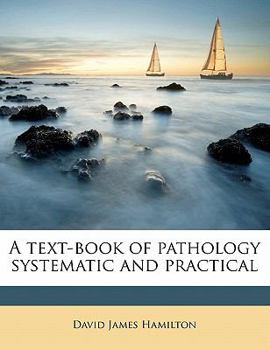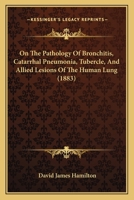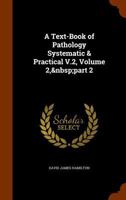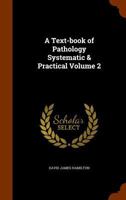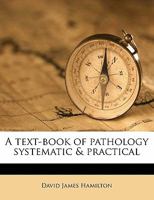A text-book of pathology systematic and practical
This is a reproduction of a book published before 1923. This book may have occasional imperfections such as missing or blurred pages, poor pictures, errant marks, etc. that were either part of the original artifact, or were introduced by the scanning process. We believe this work is culturally important, and despite the imperfections, have elected to bring it back into print as part of our continuing commitment to the preservation of printed works worldwide. We appreciate your understanding of the imperfections in the preservation process, and hope you enjoy this valuable book. This description may be from another edition of this product.
Format:Paperback
Language:English
ISBN:1172793166
ISBN13:9781172793167
Release Date:May 2011
Publisher:Nabu Press
Length:776 Pages
Weight:3.00 lbs.
Dimensions:1.5" x 7.4" x 9.7"
More by David James Hamilton
Customer Reviews
5 customer ratings | 5 reviews
There are currently no reviews. Be the first to review this work.











